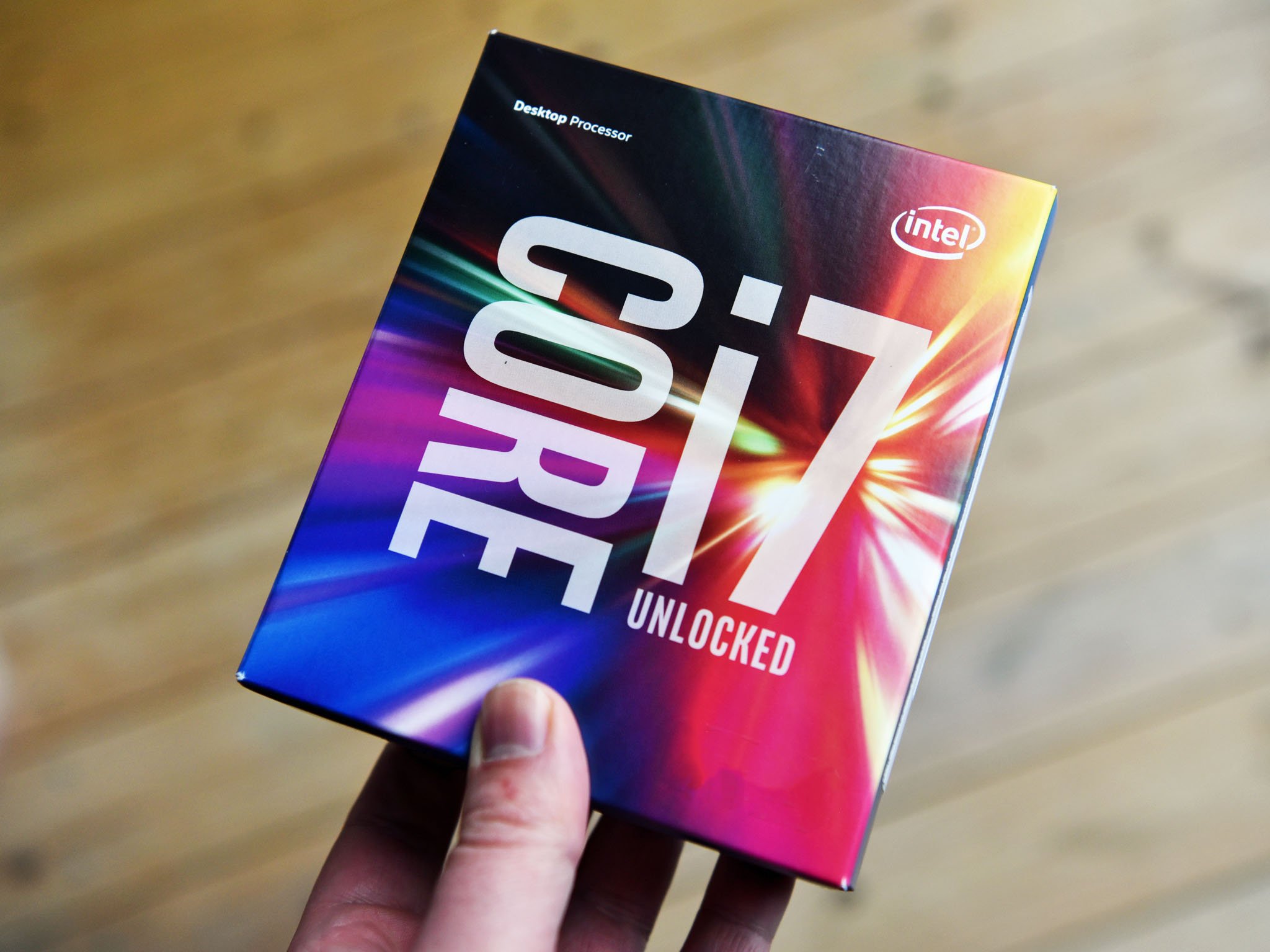Intel announces 7th Gen 'Kaby Lake' processors for the desktop with little excitement


Intel's new 7th gen Kaby Lake processors have been featured in Ultrabooks for the last few months, but only in their dual-core variant. Quad core and desktop-class iterations were "coming soon" and that day appears to be right now at CES 2017.
That's the good news. The bad news is that these processors are not even part of the famed 'tick-tock' transition builds for Intel. Instead, Kaby Lake is more about optimization of the current architecture. That's not a terrible thing as it matters a lot for laptops where power consumption is critical. For the desktop, though, there's a lot less to get excited over.
Here is what was announced by Intel today.
Intel 7th Gen Desktop Processors
| SKU | Price | Unlocked | Cache | Power | Speed |
|---|---|---|---|---|---|
| i7-7700K | $339 | Yes | 8 MB L3 | 95 W | 4.2 GHz, w/ 4.5 GHz Turbo Boost |
| i7-7700 | $303 | No | 8 MB L3 | 65 W | 3.60 GHz, w/ 4.20 GHz Turbo Boost |
| i5-7600K | $242 | Yes | 6 MB L3 | 95 W | 3.80 GHz, w/ 4.20 GHz Turbo Boost |
| i5-7600 | $214 | No | 6 MB L3 | 65 W | 3.50 GHz, w/ 4.10 GHz Turbo Boost |
| i5-7500 | $192 | No | 6 MB L3 | 65 W | 3.40 GHz, w/ 3.80 GHz Turbo Boost |
| i7-7700T | $303 | No | 8 MB L3 | 35 W | 2.90 GHz, w/ 3.80 GHz Turbo Boost |
| i5-7600T | $213 | No | 6 MB L3 | 35 W | 2.80 GHz, w/ 3.70 GHz Turbo Boost |
| i5-7500T | $192 | No | 6 MB L3 | 35 W | 2.70 GHz, w/ 3.30 GHz Turbo Boost |
As always, the "K" branded Intel chips are the high-end enthusiast class editions that can be overclocked depending on your setup. The "non-K" versions lack an unlocked base-clock multiplier and draw less power (65W versus 90W).
Intel also announced new energy-efficient editions of its processors designated with "T" branding with lower speeds, Turbo Boost, and draw almost half the power of the non-K chips.
All the newly announced chips feature Intel HD 630 graphics, which is not a step up from the current HD 530 edition.
The big draw, if any, to these Intel chips is the new 4K media decoding support (10-bit (HDR) HEVC and VP9 hardware acceleration) through Windows 10's PlayReady 3.0 DRM. That should allow easier 4K streaming of media from Netflix and YouTube by offloading the work from the CPU and save some power too.
All the latest news, reviews, and guides for Windows and Xbox diehards.
The site Ars Technica already did a full review of the new Core i7-7700k and were not impressed. While it did not under-perform, there appears to be little reason to upgrade your current hardware leaving enthusiast gamers wanting more. At least consumers should see the newer chips in upcoming desktop PCs in the next few months.

Daniel Rubino is the Editor-in-Chief of Windows Central. He is also the head reviewer, podcast co-host, and lead analyst. He has been covering Microsoft since 2007, when this site was called WMExperts (and later Windows Phone Central). His interests include Windows, laptops, next-gen computing, and wearable tech. He has reviewed laptops for over 10 years and is particularly fond of Qualcomm processors, new form factors, and thin-and-light PCs. Before all this tech stuff, he worked on a Ph.D. in linguistics studying brain and syntax, performed polysomnographs in NYC, and was a motion-picture operator for 17 years.
